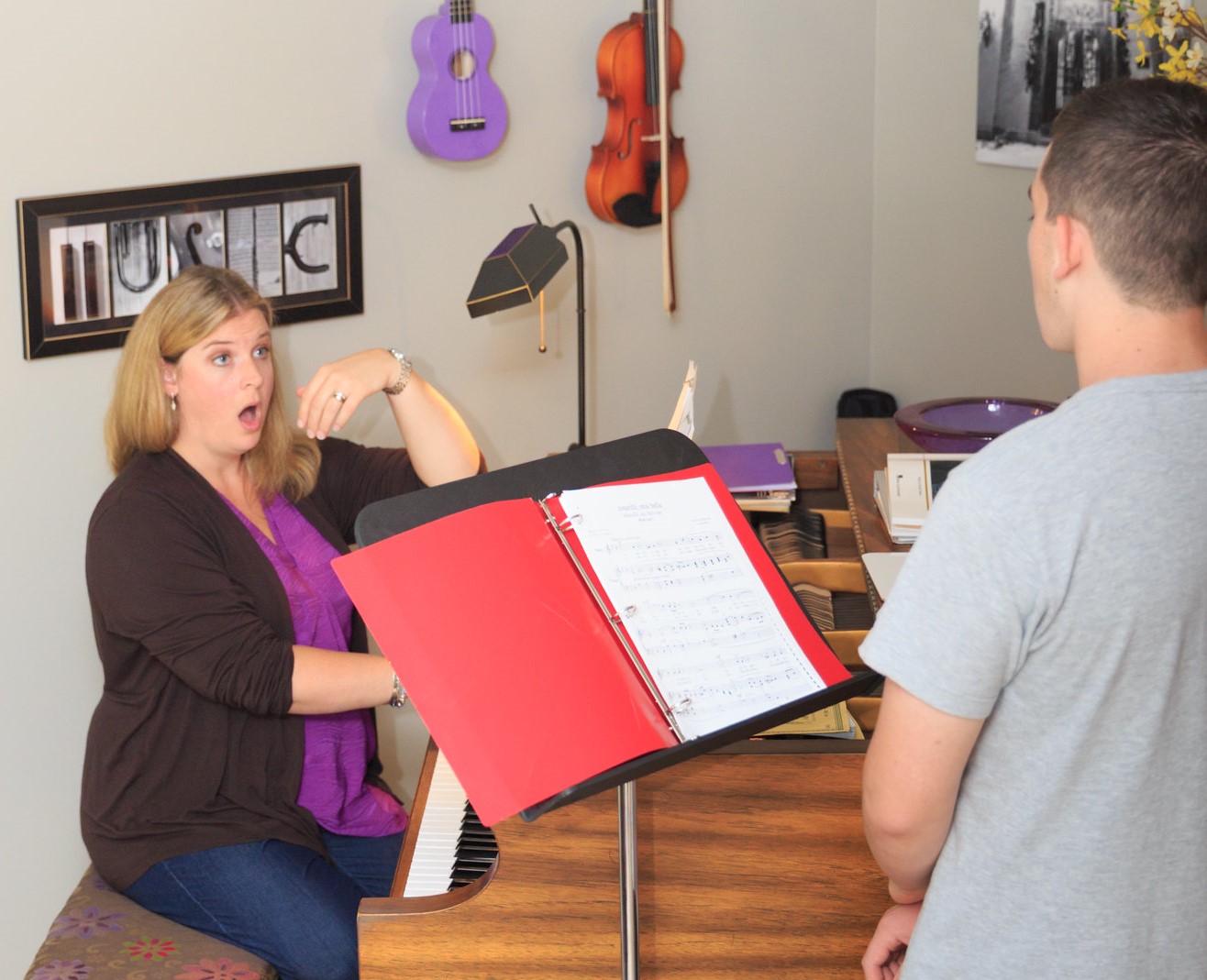What makes a good musician?
A good musician is so much more than their ability and aptitude for making music. A good musician can speak the language of music, is disciplined and curious, has an attitude of confident humility, and has excellent musicianship skills and musicality.
Speaking the Language
A good musician is fluent in musical notations and rhythms. This could take a variety of forms depending on the instrumental area of expertise, but should include the basics for all instruments of note-reading and rhythm and then the specialties required of their instrument. Speaking the language also includes things like navigating what I call “the map” of a song – does it read straight through or are there repeats – if so how many and to where do they go back. Reading the instructions is also an important part of speaking the language – things like dynamics, tempo changes, meters, and more. When you speak a language and are working towards fluency, it can also be helpful to know some basic things about the culture. In the case of music, the musical era or genre in which it is written shed light on common practice and things that are acceptable and always or never done. The more you know about the grammar and the culture of any language the more fluent you are – the same is true of music.
Disciplined and Curious
Discipline is what it takes to not only answer our curiosity, but to master it. Good musicians love to learn. They love to learn new music and new ways to make sounds on their instruments. They are curious about new artists, new genres, new limits to which they can push themselves. Good musicians ask good questions. And good questions lead to a higher level of thinking and execution of the music itself. Questions like: “I wonder why the composer put these dynamics here or why they chose this key? Why were the words set this way? I wonder what it would sound like if I played or sang it this way? What am I communicating through this music/song?” Disciplined people work to find the answers to their questions and others that pop up along the way. To be disciplined is to be diligent in satisfying your curiosity and then regularly practicing what you’ve discovered.
Confident Humility
To be confident is to be sure you can achieve something because you have worked hard at mastering the skill. This is not the same as arrogance, which is to feel superior to others. Humility is a freedom from pride and arrogance. Confident in your musical ability and the way you can execute that on your instrument is a huge asset to any musical group. But the ability to humbly work with other musicians and truly see what each one brings to the work, makes others label you as a good musician, too.
Musicianship and Musicality
Musicianship is having the ability to execute correctly and with good technique the music on the page. Musicality is the heart and the emotion that you bring to the music. Sometimes the word emotion makes us think that everything is dramatic. Not necessarily. I always think of music as a conversation. How would I say it? Does the music sound funny, sad, angry, relaxed…or all of these making it a bit manic? Then perform it that way. When the technique lines up with the artistry – that’s a great moment. Good musicians strive for these moments as often as they can in performance.
Good musicians come in different shapes and sizes – or more aptly, styles and genres – but these four categories are present in all of them. Good musicians prepare with discipline and musically and humbly communicate the music.
If you are disciplined and curious and just need some help with speaking the language, technique, and other musicianship things, check out the studio and what we’re about!
NOT TAKING LESSONS YET?
BECOME A MEMBER
If you are interested in voice or piano lessons and are ready to find out all the details. Hope on over to our Memberships page and choose the one that fits you! And if you aren’t sure what you need, let’s figure it out!




